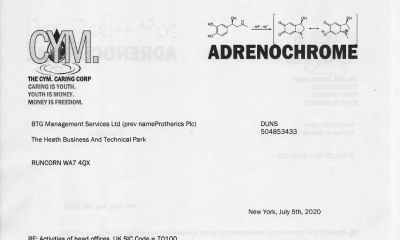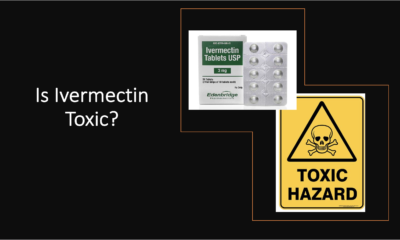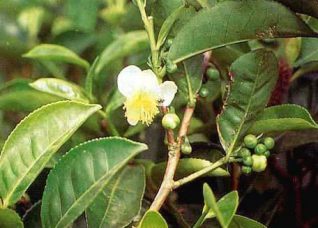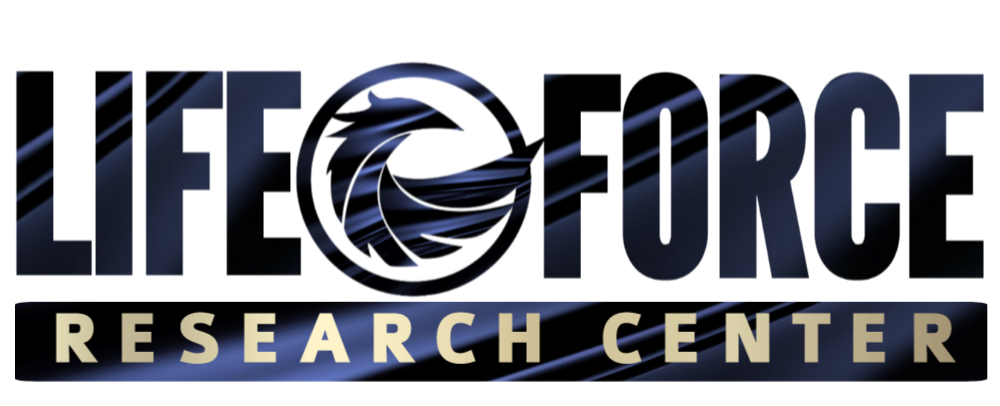Alternative Health
Niacin reduces blood clots

Alternative Health
YOUR OWN PERFECT MEDICINE by Martha M. Christy
Alternative Health
The DMSO Handbook for Doctors
Alternative Health
Water Crystallography – Sailboat
-

 Alternative Health2 years ago
Alternative Health2 years agoMilky Sap of Greater Celandine (Chelidonium majus L.) and Anti-Viral Properties
-

 Life Force Network2 years ago
Life Force Network2 years agoAdrenochrome CYM Caring Group
-
Life Force Network2 years ago
💥QUAKES 03.04.22 -CLEANOUT UNDERGROUND ARMENIA 🇦🇲, GEORGIA VIA TURKEY —>> Greece
-

 Alternative Health1 year ago
Alternative Health1 year agoIvermectin – Niacin Research
-

 Life Force Network2 years ago
Life Force Network2 years agoCorruption: Trafficking Routes:
-

 Alternative Health2 years ago
Alternative Health2 years agoAnti-Inflammatory and Antioxidant Properties of the Extract, Tiliroside, and Patuletin 3-O-β-D-Glucopyranoside from Pfaffia townsendii (Amaranthaceae)
-
Vax Facts2 years ago
Jacob Rothschild: COVID is obedience training
-

 Military2 years ago
Military2 years agoJFK Exposes Ruthless Conspiracy The President & The Press Speech









